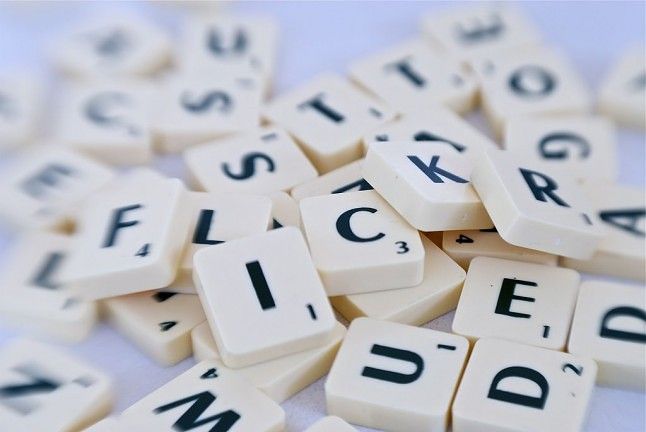Mixed up words, scrambled letters – for me it is quite a challenge to figure these out.
According to various studies, solving word scrambles is easier than one might think. The following passage is an example:
The preceding passage is actually very readable despite the scrambled letters. Admittedly, the content is not quite true to reality. Cambridge University never carried out such a study. Nonetheless, the fact remains that we are able to read texts full of scrambled words without a problem.
Graham Rawlinson researched this phenomenon as early as 1976 as part of his dissertation, The Significance of Letter Position in Word Recognition.
His conclusion: incorrect letter ordering doesn’t influence word cognition, so it doesn’t affect the readability of a word, as long as the position of the first and last letters is not changed.
This is, however, also dependent on the length of the word and the intensity of letter scrambling. The more mixed the letters are, the harder they will be to read.
Jubmled lettres is more readable than Jeulbmd Lrteets.
Other Studies
Word cognition is a very popular field of study for researchers the world over. Several studies have been carried out in the last few decades. Some of them examine the extent to which incorrect letter order influences reading speed.
In their study, Raeding Wrods With Jubmled Lettres: There Is a Cost, Keith Rayner and his colleagues from the University of Massachusetts discovered the following:
The disruption of reading speed depends on the localization of mixed letters.
If letters in the middle of the word are switched as they were in the reading example above, reading speed slows by about 11 percent. Switching letters on the end of a word disrupts the reading flow by 26 percent and switching letters at the beginning of the word can slow reading by as much as 36 percent.
Not only that, but about half of the test persons had trouble understanding the individual words at all when the letters at the beginning of the word were switched around.
It’s all Just a Matter of Practicing
Mildly scrambled and frequently used words, such as in our first example, are easily readable for us mainly because they are the basis of a well-developed reading competency.
A practiced reader doesn’t read each letter individually, but skims the words to be read and recognizes them by their patterns, such as their first and last letters.
This process is also called Pareidolia or Apophenia – the brain associates random arrangements with familiar things. In our case this happens with familiar words. While reading, the reader also expects certain words to come up due to the context and syntax and this makes it easier to recognize words when they look similar but have jumbled letters.
Leave a comment here directly or on Facebook.


Hi, by change I was googling for this effect today and came across your site. It is quite funny and I’ve sent these email around myself, But then I read this:
http://www.balancedreading.com/cambridge.html
Not so easy after all 😉
Dear Sebastiaan,
thank you for sharing this website. The author’s own example of a text full of scrambled letters is really tough to read! However,I really like this website, as it includes all important facts about the impact of scrambled letters on word recognition, explaining them in a nice and readable non-scientific way! =)
Best wishes,
Stefanie